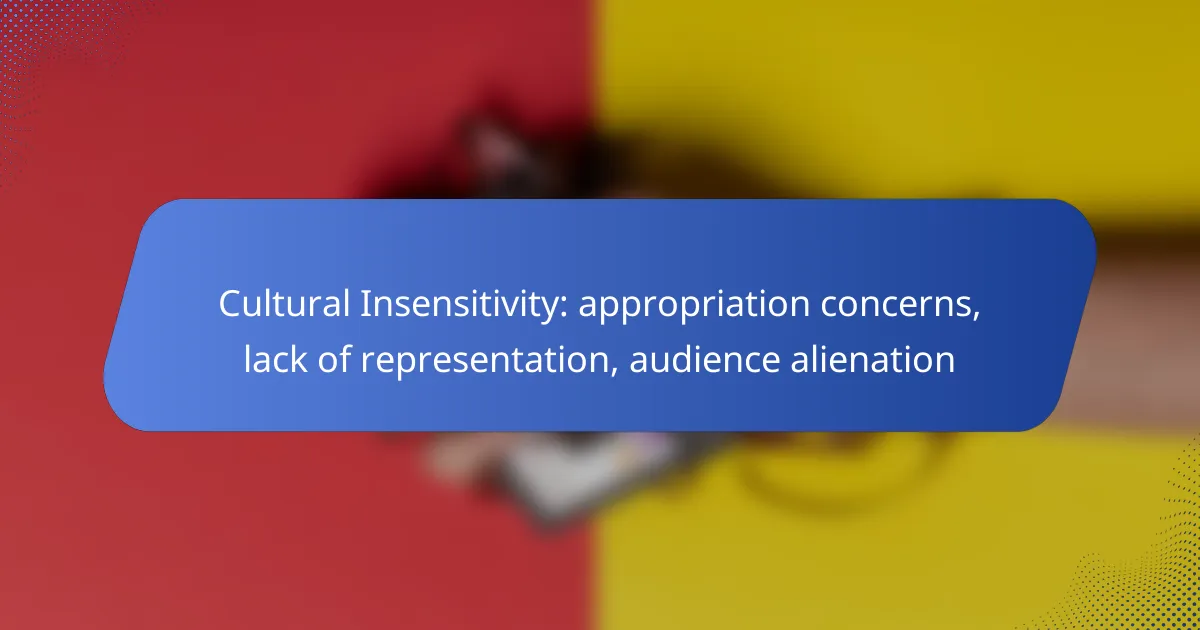Franchise fatigue is a growing concern as brands struggle to maintain consumer interest amidst repetitive storytelling and diminishing quality. This phenomenon manifests through declining engagement, predictable narratives, and negative feedback, ultimately leading to a loss of appeal. To combat this, franchises must embrace innovation and diversify their offerings, ensuring they remain relevant and captivating to their audiences.

How can franchises combat fatigue in Canada?
Franchises in Canada can combat fatigue by embracing innovation, diversifying their offerings, and actively engaging with local communities. These strategies help maintain interest and improve the overall quality of franchise experiences.
Innovative storytelling techniques
Franchises can revitalize their narratives by incorporating fresh storytelling techniques that resonate with audiences. This could involve using interactive media, branching storylines, or immersive experiences that allow consumers to engage with the brand in new ways.
For example, franchises might create alternate reality games or interactive online content that encourages participation, making the story feel more personal and engaging. This approach not only attracts attention but also fosters a deeper connection with the audience.
Diverse franchise offerings
Expanding the range of products and services can help franchises appeal to a broader audience and reduce fatigue. By introducing new themes, genres, or experiences, franchises can keep their offerings fresh and exciting.
For instance, a franchise that traditionally focuses on action films might explore romantic comedies or documentaries, catering to different audience preferences. This diversity can attract new customers while retaining existing fans who appreciate the variety.
Engaging local communities
Franchises can combat fatigue by actively engaging with local communities through events, partnerships, and tailored offerings. Building relationships with local audiences fosters loyalty and creates a sense of belonging.
Hosting community events, collaborating with local artists, or supporting regional charities can enhance the franchise’s image and relevance. This localized approach not only boosts interest but also strengthens community ties.
Utilizing social media effectively
Effective use of social media is crucial for franchises to maintain engagement and combat fatigue. By leveraging platforms like Instagram, TikTok, and Twitter, franchises can share updates, behind-the-scenes content, and interactive posts that keep audiences engaged.
Creating shareable content, such as challenges or polls, encourages audience participation and can lead to organic growth. Additionally, responding to customer feedback and fostering conversations online can enhance brand loyalty and interest.

What are the signs of franchise fatigue?
Franchise fatigue occurs when a brand’s offerings lose their appeal, leading to decreased customer interest and engagement. Key signs include declining customer engagement, repetitive marketing strategies, and negative feedback from consumers.
Declining customer engagement
Declining customer engagement is a primary indicator of franchise fatigue. When customers show less interest in new releases or promotions, it signals that the brand may not be resonating with its audience anymore.
For example, if a franchise typically sees thousands of attendees at events but notices a drop to just a few hundred, this could indicate a loss of enthusiasm. Brands should monitor attendance, social media interactions, and sales figures to gauge engagement levels.
Repetitive marketing campaigns
Repetitive marketing campaigns can contribute to franchise fatigue by failing to capture consumer interest. When marketing messages become predictable, customers may tune out, leading to diminished effectiveness.
Brands should aim to innovate their marketing strategies regularly. For instance, instead of relying on the same promotional tactics, they could introduce new themes, partnerships, or interactive experiences to re-engage their audience.
Negative customer feedback
Negative customer feedback is a clear sign of franchise fatigue, as it reflects dissatisfaction with the brand’s offerings. If customers express disappointment in reviews or social media, it indicates that the franchise may be losing its touch.
To address this, brands should actively seek and analyze customer feedback through surveys or online reviews. Implementing changes based on this feedback can help restore customer trust and interest in the franchise.

Why is franchise storytelling becoming repetitive?
Franchise storytelling is becoming repetitive due to a combination of factors that stifle originality and creativity. As franchises grow, they often rely on familiar elements that can lead to predictable narratives and a decline in audience engagement.
Lack of creative direction
A significant reason for repetitive storytelling in franchises is the lack of innovative leadership. When creative teams prioritize financial success over artistic vision, they tend to recycle existing ideas rather than explore new concepts. This can result in a stagnation of storytelling that fails to captivate audiences.
For example, many sequels and spin-offs mirror their predecessors closely, often reusing character arcs and plotlines without adding fresh perspectives. This approach can alienate long-time fans who seek new experiences.
Over-reliance on established formulas
Franchises often depend heavily on established storytelling formulas that have proven successful in the past. While these formulas can provide a sense of familiarity, they can also lead to predictability, making it easier for audiences to anticipate outcomes. This reliance can diminish the excitement that comes with unexpected twists and turns.
Common formulas include the hero’s journey or the classic good versus evil narrative. While these structures can be effective, overusing them without variation can result in a lack of originality.
Market saturation
Market saturation occurs when too many similar franchises flood the entertainment landscape, leading to audience fatigue. With numerous sequels, prequels, and reboots, consumers may feel overwhelmed and lose interest in franchise offerings. This saturation can dilute the impact of individual stories, making them feel less special.
As franchises compete for attention, they may resort to recycling ideas to stand out, further contributing to the cycle of repetitive storytelling. To combat this, franchises need to innovate and differentiate themselves to maintain audience engagement.

How does franchise fatigue affect consumer behavior?
Franchise fatigue leads to a decline in consumer interest and engagement with established brands, as audiences become weary of repetitive content and diminishing quality. This shift in behavior can manifest in various ways, impacting brand loyalty and the types of products consumers choose to support.
Decreased brand loyalty
As franchise fatigue sets in, consumers often find themselves less attached to familiar brands. The over-saturation of similar products can cause customers to seek novelty, resulting in a decline in brand loyalty. For instance, a franchise that releases sequels or spin-offs too frequently may alienate its core audience, prompting them to explore alternatives.
To counteract this, brands should focus on innovation and quality rather than quantity. Engaging storytelling and fresh concepts can help rekindle interest and maintain a loyal customer base.
Shift towards independent brands
Franchise fatigue encourages consumers to explore independent brands that offer unique products and experiences. Many individuals are increasingly drawn to smaller companies that prioritize creativity and originality over mass-market appeal. This shift can be seen in various sectors, from film to fashion, where independent creators are gaining traction.
Brands can benefit from this trend by highlighting their unique selling propositions and fostering a community around their products. Collaborations with independent creators can also attract consumers seeking fresh perspectives.
Increased demand for unique experiences
With franchise fatigue, there is a growing demand for unique experiences that stand out from the repetitive offerings of large franchises. Consumers are looking for products and services that provide personal engagement and memorable interactions, rather than just familiar names. This trend is evident in the rise of experiential marketing and niche events.
To meet this demand, businesses should consider creating tailored experiences that resonate with their target audience. Offering limited-time events, exclusive products, or interactive elements can enhance consumer engagement and satisfaction, ultimately driving sales and loyalty.

What role does quality play in franchise success?
Quality is crucial for franchise success as it directly influences customer satisfaction and brand loyalty. High-quality products and services foster positive experiences, encouraging repeat business and word-of-mouth referrals.
Importance of product consistency
Product consistency ensures that customers receive the same quality and experience every time they engage with a franchise. This reliability builds trust and encourages customers to return, knowing they will receive what they expect.
Franchises should establish clear standards for their products, including sourcing, preparation, and presentation. Regular training and quality checks can help maintain these standards across all locations, preventing variations that could lead to customer dissatisfaction.
Impact of service quality on reputation
Service quality significantly affects a franchise’s reputation, as customers often judge their overall experience based on interactions with staff. Friendly, knowledgeable service can enhance customer loyalty, while poor service can lead to negative reviews and loss of business.
To improve service quality, franchises should invest in comprehensive training programs for employees, focusing on customer engagement and problem-solving skills. Gathering feedback through surveys can also help identify areas for improvement, allowing franchises to adapt and enhance their service offerings.










